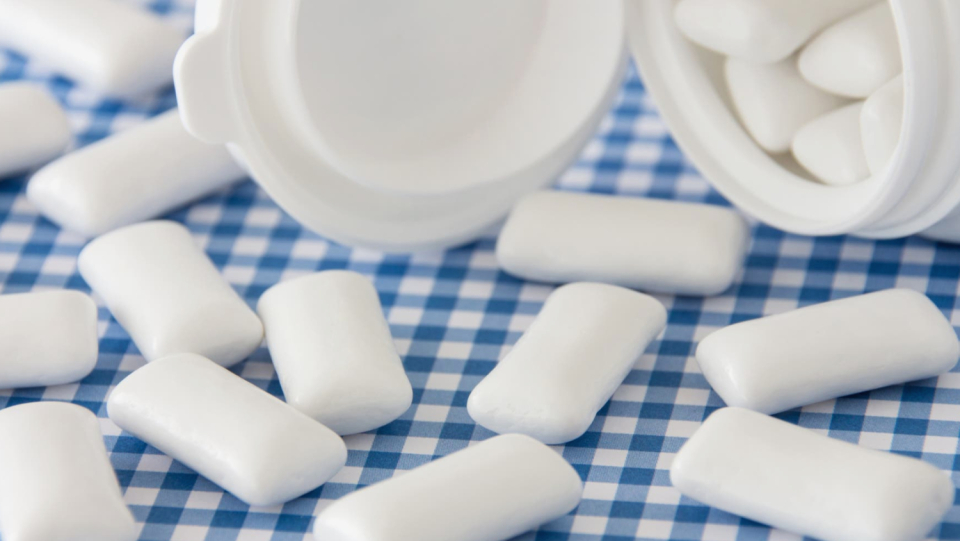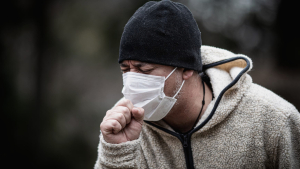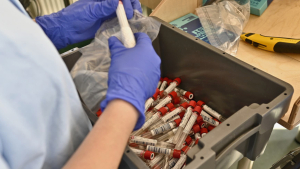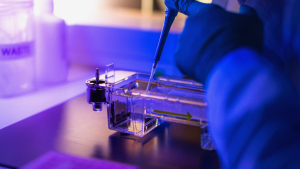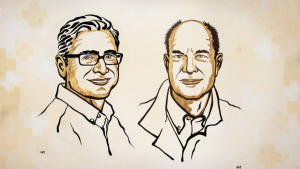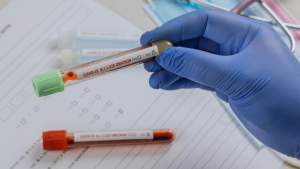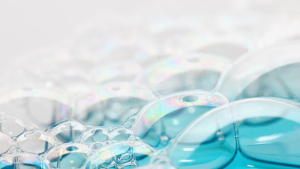Chewing gum, sweets and other foods will have to make do without the widespread white dye titanium dioxide in the future. The EU Commission issued a ban on food for possible cancer risks on Friday, January 14th. According to the information, it comes into force in six months. "With today's ban we remove a food additive that is no longer considered safe," said EU health commissioner Stella Kyriakides.
The substance known as E171 is also found in baked goods, soups and salad dressings. The EU Commission presented its proposal in spring 2021 on the basis of a revised recommendation by the European Food Safety Authority (EFSA). The EU states had already agreed to the ban. France had already banned the substance in the food sector in 2020.
Titandioxide is therefore suspected of being exciting if it is absorbed through the airways and reaches the lungs. There the nanoparticles trigger an immune reaction so that the tissue can ignite and cancer can arise from it. In experiments with rats, intestinal inflammation was again found after the usual titanium dioxide quantities over the food. Another study has also suggested that the dye can increase inflammation in the digestive tract. The focus of the reassessment was also concerned about possible inheritance -damaging effects of titanium dioxide. After evaluating the existing data, the suspicion regarding an inherited effect of this dye particle could not be invalidated. Titandioxide is only absorbed through the intestine in small quantities, but then it is difficult to leave: So it can be accumulated in the body.
On the other hand, drugs are obviously not affected by the ban. Several tens of thousands of medicines contain the dye. Here alternatives are to be sought. Veterans of the environmental movement may still remember a by-product of titanium dioxide production: The resulting thin acid was dumped in the North Sea for years until the ban in 1989.







